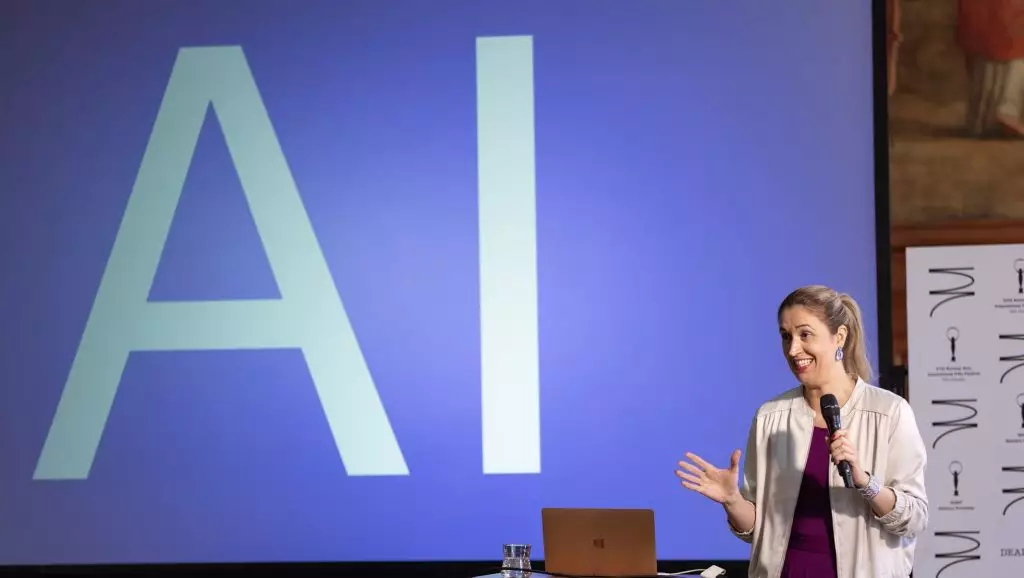The final day of the Eastern Promises industry program at the Karlovy Vary International Film Festival featured a central keynote session on the direct effect of Artificial Intelligence (AI) on our lives and the future of storytelling. During the panel discussion hosted by Deadline as part of the Industry Days program, veteran creative consultant Tatjana Samopjan, Gerhard Maier, program director and co-founder of Seriencamp, and Julia Schafdecker, attorney at SKW Schwarz, shared their insights on the topic.
Understanding Artificial Intelligence
Maier began the session by explaining the two main forms of AI: Artificial General Intelligence (AGI) and narrow AI. AGI aims to create a machine that can think like a human, while narrow AI refers to algorithms trained for specific tasks. Maier emphasized that AI is growing exponentially, with its level of sophistication rapidly increasing. This growth will have a significant impact on various industries and our personal lives.
The Job Crunch and Redundancy
One consequence of AI’s advancement is the potential “job crunch.” Maier highlighted how many jobs and tasks currently performed by specialists or specialized departments can be made more efficient or rendered redundant by AI. For instance, the creation of pitch papers for international markets, which previously required a team of three individuals, can now be done by a single person without the need for graphic designers or photo experts. This trend extends to fields such as editing and art direction, where one person can now handle tasks that previously required multiple individuals.
The Role of AI in Storytelling
The Writers Guild of America (WGA) has been actively negotiating safeguards to prevent studios from using AI to generate new scripts based on existing works. The rise of services like ChatGPT, capable of analyzing decades of content and recreating it, has raised concerns about AI’s potential to replicate the work of TV and film writers. However, Samopjan offered a unique perspective, arguing that AI is ill-suited to create content for humans.
Samopjan compared consuming stories to drinking wine, stating that excessive consumption does not make one a great storyteller. Instead, she advocated for stepping into reality and living fully, relying on lived experiences to create something original. According to her, lived experiences inherently contain ambivalence, nuance, paradox, and confusion, providing rich material for original storytelling. She further emphasized the importance of maintaining the ability to see through the constructs of the mind and the technology-driven age we live in.
The growth of AI and its impact on industries and personal lives is undeniable. While the job market may experience significant changes and redundancies due to AI’s efficiency, it is crucial to recognize the limitations of AI in creative endeavors like storytelling. The ability to step into reality, rely on personal experiences, and see through the constructs of the mind remain vital for artists and storytellers in the age of technology. Balancing the benefits of AI with the uniqueness of human creativity is the key to navigating the evolving landscape of storytelling and embracing the potential AI brings to the table.

